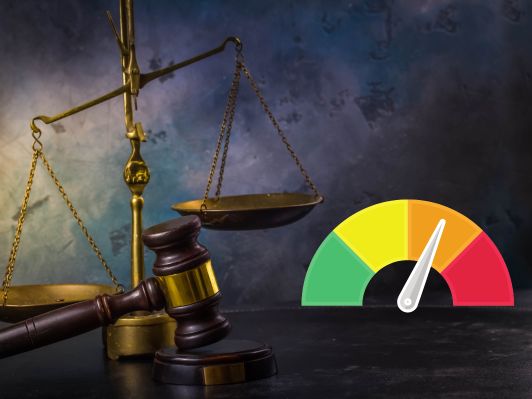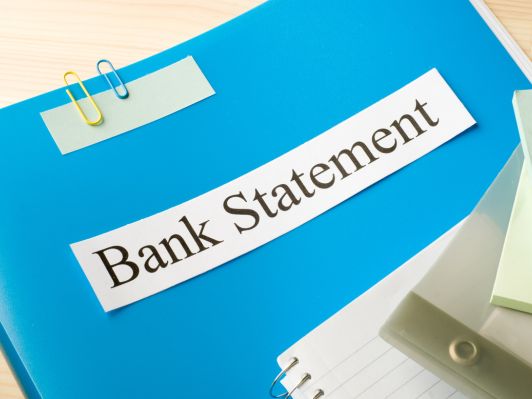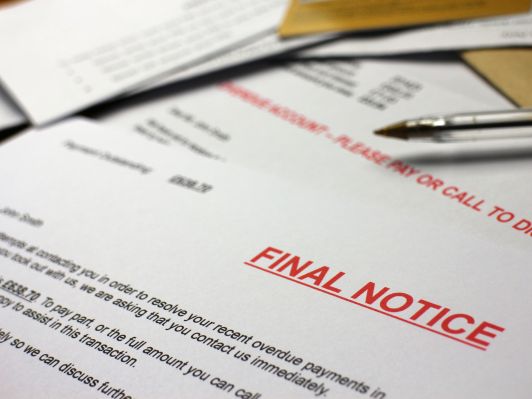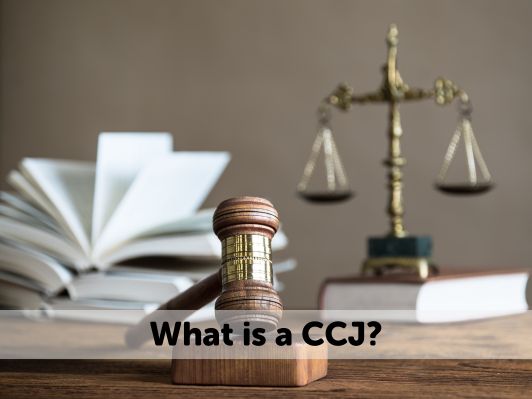A County Court Judgment (CCJ) is a legal decision issued by a county court. It orders an individual or a business to repay money owed to a lender or bank. It’s essential to understand the implications of CCJs on credit ratings and financial matters. A CCJ will stay on your credit file for six years. It makes it harder to obtain credit or financial products during that time.
In this article, we will give you the information you need to know to understand CCJs. Their impact on credit ratings and financial matters. How to deal with a CCJ and prevent enforcement action. We’ll also cover CCJs in specific financial situations.
Key takeaways:
- A CCJ is an order given by a county court that orders an individual or business to repay the owed money to a specific lender or bank.
- A court claim form is sent to the recipient giving them the opportunity to admit and repay or dispute the debt.
- Understanding the implications of CCJs on your credit score and finances is very important.
Table of Contents
What is a CCJ (County Court Judgment)?
When a creditor (such as a lender or bank) takes a debtor (the individual or entity who owes the money) to court to recover money owed, the court may issue a court order. These are known as County Court Judgments (CCJ). This is a legal decision. This confirms the debt is owed. It sets out the amount the debtor must pay, along with a deadline for payment.
If the debtor fails to repay the money owed by the deadline set out in the court order, the creditor may pursue enforcement action to try to recover the debt. This may include bailiffs visiting the debtor or taking money from the debtor’s bank account.
Impact of CCJs on your credit ratings

A County Court Judgment (CCJ) can have a significant impact on your credit rating. When a CCJ is issued against you, it becomes part of your credit history. It can affect your ability to access credit and financial services. Here’s how CCJs can impact your credit rating:
1. Credit score decrease
A CCJ will likely cause your credit score to drop. Lenders and credit reference agencies use credit scores to assess your creditworthiness. A lower credit score can make it harder to qualify for loans, credit cards, and other forms of credit.
2. Difficulty obtaining credit
Lenders may view you as a higher-risk borrower with a CCJ on your record. This can lead to rejections. Or even offers with less favourable terms, such as higher interest rates or lower credit limits.
3. Limited access to financial services
Some financial institutions may be hesitant to offer you services. Including overdrafts, mortgages, short term loans, or even a bank account if you have a CCJ.
4. Higher borrowing costs
Even if you’re approved for credit, the presence of a CCJ may result in higher interest rates. Lenders may charge more to offset the perceived risk associated with lending to someone with a CCJ.
5. Existing credit agreements may be affected
It’s common for credit card companies to reduce an individual’s credit limit or cancel the agreement altogether if a CCJ is issued against them. Similarly, a mortgage lender may increase the interest rate or reduce the amount they are willing to lend if the individual has a CCJ on their record.
To mitigate the impact of a CCJ on your credit rating, it’s important to address the situation promptly. If you pay the debt within a month of the judgment, the CCJ will be marked as “satisfied” on your credit report, which can be less damaging than an outstanding CCJ.
It’s also crucial to keep up with your other financial obligations and demonstrate responsible financial behaviour to gradually rebuild your creditworthiness over time.
Dealing with a CCJ and avoiding enforcement action
If you receive a County Court Judgment (CCJ), it’s essential to take action to avoid enforcement action. The judgment will state the amount of money you owe and the deadline for payment. Here’s what you should do:
1. Make sure the information on the CCJ is correct

Ensure that the details on the CCJ are accurate and up-to-date. If there are any errors, contact the court immediately to rectify the mistake. Incorrect information can further delay the process and incur additional charges.
2. Repay the money you owe
To avoid enforcement action, it’s crucial to pay the money owed by the deadline stated on the CCJ. You may be able to repay in full or arrange a payment plan with the creditor. Failure to comply with the payment deadline will result in enforcement action.
Here is our detailed guide on how to pay off a loan early. Do give it a read.
3. Avoid court action
If you receive a CCJ and are unable to repay the debt, you can request more time to pay or ask the court to set affordable monthly payments. You can also avoid court action by negotiating a settlement with the creditor or seeking professional debt advice.
Remember, if you don’t respond or make payment, creditors can take enforcement action to recover the debt. This can include:
- Issuing a warrant of control to a bailiff to seize goods
- Freezing bank accounts or seizing money from your bank account
- Obtaining a charging order on your property
- Ordering deductions from your wages or benefits
To avoid these measures, it’s essential to respond to the CCJ and take action to repay the debt. If you have fully paid the CCJ more than a calendar month after the judgment date, you can apply to have it shown as satisfied by providing the court with proof of payment. However, ignoring the judgment will only make the situation worse, and further charges may apply.
CCJs and specific financial situations
Having a County Court Judgment (CCJ) can have a significant impact on your financial situation, with several specific scenarios that can arise. Here are some of the most common situations where a CCJ can become a problem:
1. Bank account attachment order

If you owe money to a creditor and they have obtained a CCJ against you, they may apply for a bank account attachment order. This means that money from your bank account(s) can be taken to repay your debt. However, there are rules in place to protect a minimum amount of money in your account.
2. If you owe money to local councils
Unpaid council tax can lead to a CCJ being issued against you, which can also lead to debt enforcement action. It is important to contact your local council and set up a payment plan to avoid further legal action.
3. Debt collection letters and letters of claim

Once a CCJ has been issued against you, you may receive further debt collection letters demanding payment. It is essential to respond to these letters and inform the creditor that you have received a CCJ. You may also receive a letter of claim before a CCJ is issued, which you should respond to promptly.
Remember, ignoring a CCJ or debt collection letters can lead to further enforcement action, including bailiffs and attachment of earnings orders. It is crucial to take action and address the debt as soon as possible.
Conclusion
In conclusion, a County Court Judgment (CCJ) is a serious legal matter that can have a significant impact on your credit rating and financial situation. If you receive a county court claim form, it’s important to respond promptly and seek professional advice if you are unsure about how to proceed.
Ignoring the claim or failing to respond can result in a CCJ being issued against you. If you do receive a CCJ, it’s important to take action to avoid enforcement action such as bailiffs or attachment of earnings. This may involve negotiating a repayment plan with the claimant or applying to set aside the judgment if there are valid grounds to do so.
Overall, dealing with a CCJ can be a daunting process, but with the right approach, it is possible to minimise the impact on your finances and credit rating.
Disclaimer: The information given above is provided for information purposes only. This is not financial advice.
Related guides:
How Long Does A CCJ Stay on Your Credit File
How To Pay Off Credit Card Debt

